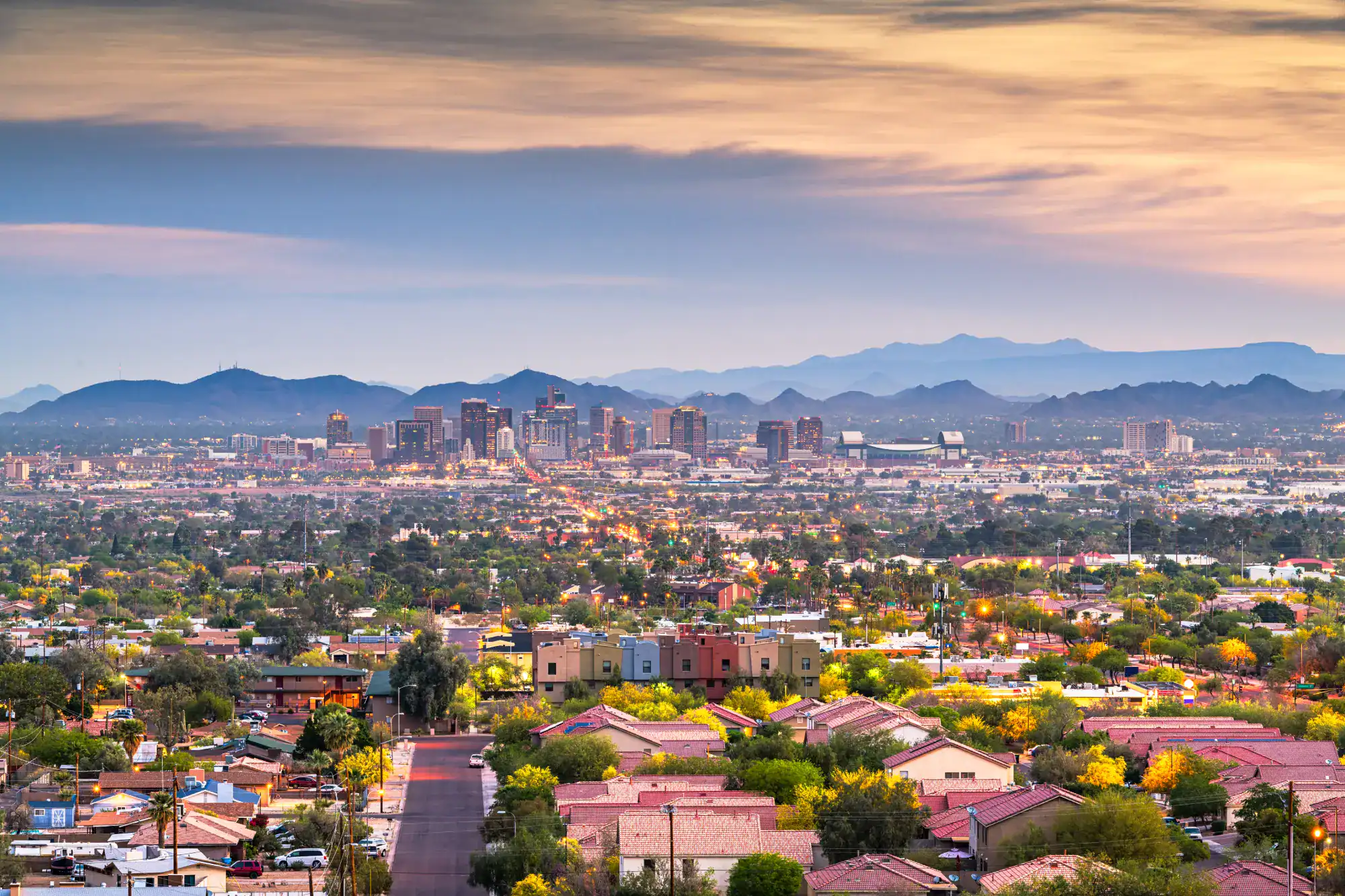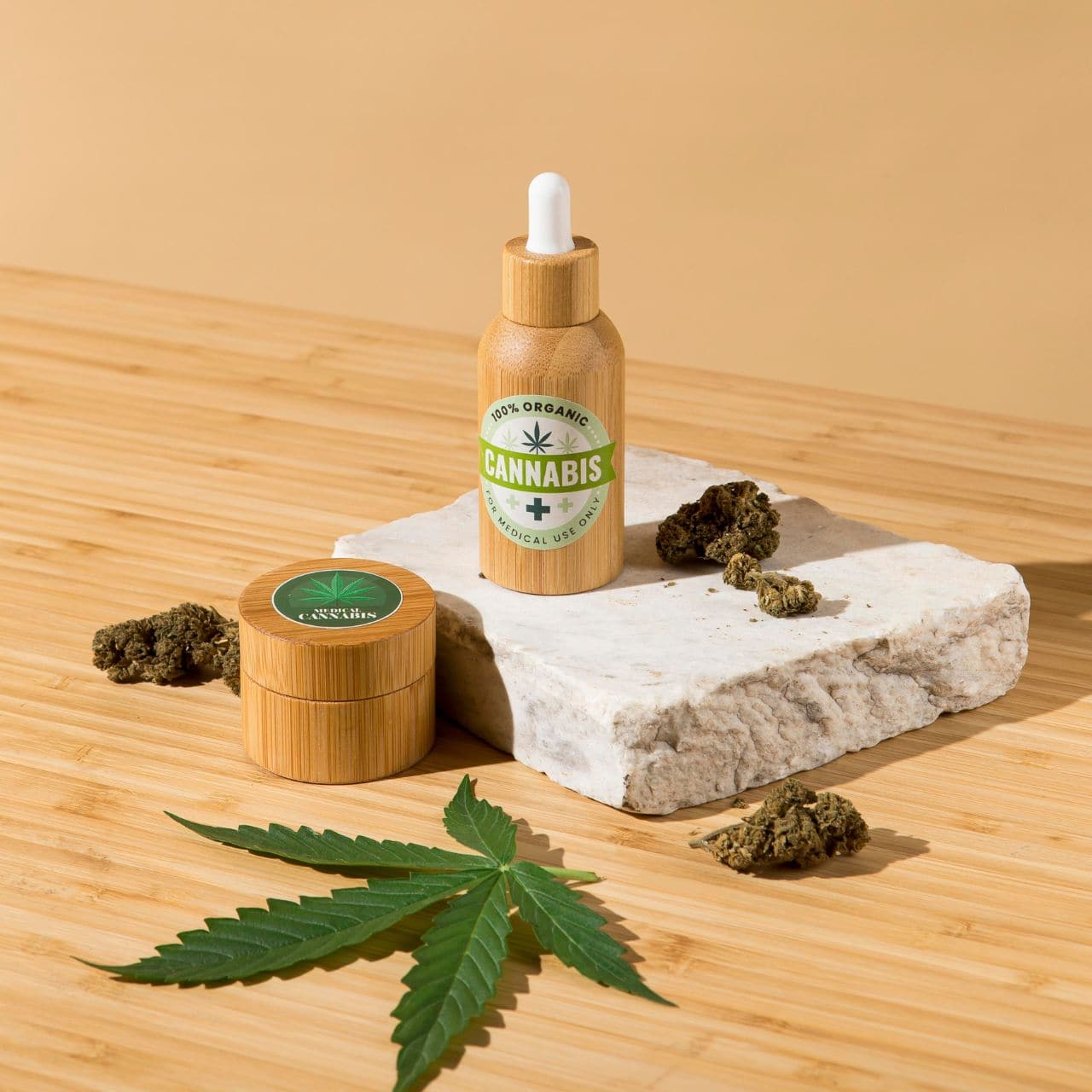
Is THC Legal in Alabama
Yes, THC products are conditionally legal in Alabama
 Conditionally Legal
Conditionally Legal

Yes, THC (Tetrahydrocannabinol) is legal in Alabama. As of now, THC is only legal for medical use in Alabama. The state has implemented a medical marijuana program that allows registered patients to access THC products with a valid prescription from a licensed healthcare provider.
THC, or tetrahydrocannabinol, is a psychoactive cannabinoid primarily found in the cannabis plant. In Alabama, THC is legal only for medical use through the state’s medical marijuana program. To access THC products, patients must have a qualifying medical condition and obtain a prescription from a licensed healthcare provider.
THC interacts with the body’s endocannabinoid system by binding to CB1 and CB2 receptors, which are integral to the central and peripheral nervous systems. This interaction influences various physiological processes, such as mood, pain regulation, and appetite. The effects of THC can include euphoria, altered perception, and relaxation, with intensity varying based on individual metabolism and dosage.
In Alabama, THC products are available in various forms, including oils, capsules, and edibles, through state-licensed dispensaries. Patients must familiarize themselves with local laws regarding possession limits and the types of products available. Before purchasing any THC products, always review lab test results to ensure accurate labeling and safety.
If you want to learn more about THC in general, check out our THC Resource Center.
To qualify for medical marijuana in Alabama, patients must have specific medical conditions, such as cancer, epilepsy, chronic pain, or PTSD. A consultation with a qualified physician is necessary to obtain a recommendation.
No, smoking THC flower is not legal in Alabama. As of now, Alabama has legalized THC only for medical use through a regulated medical marijuana program. Under this program, patients can obtain specific THC products from licensed dispensaries, but smoking raw cannabis flower is prohibited.
However, it’s always advisable to stay updated with local regulations and only purchase products from reputable sources to ensure compliance with the law.
In Alabama, THC products (like other hemp-derived products) are typically expected to undergo third-party testing to make sure these products meet quality and safety standards. This testing verifies that the products comply with federal regulations, including containing less than 0.3% Delta-9 THC, and are free from contaminants such as pesticides, heavy metals, and residual solvents.
Reputable manufacturers and retailers usually provide certificates of analysis (COAs) from independent labs, demonstrating that their products have been tested and meet the required standards. While state-specific regulations in Alabama may not mandate third-party testing for all hemp-derived products, purchasing from reputable sources that provide lab-tested products is highly recommended.











